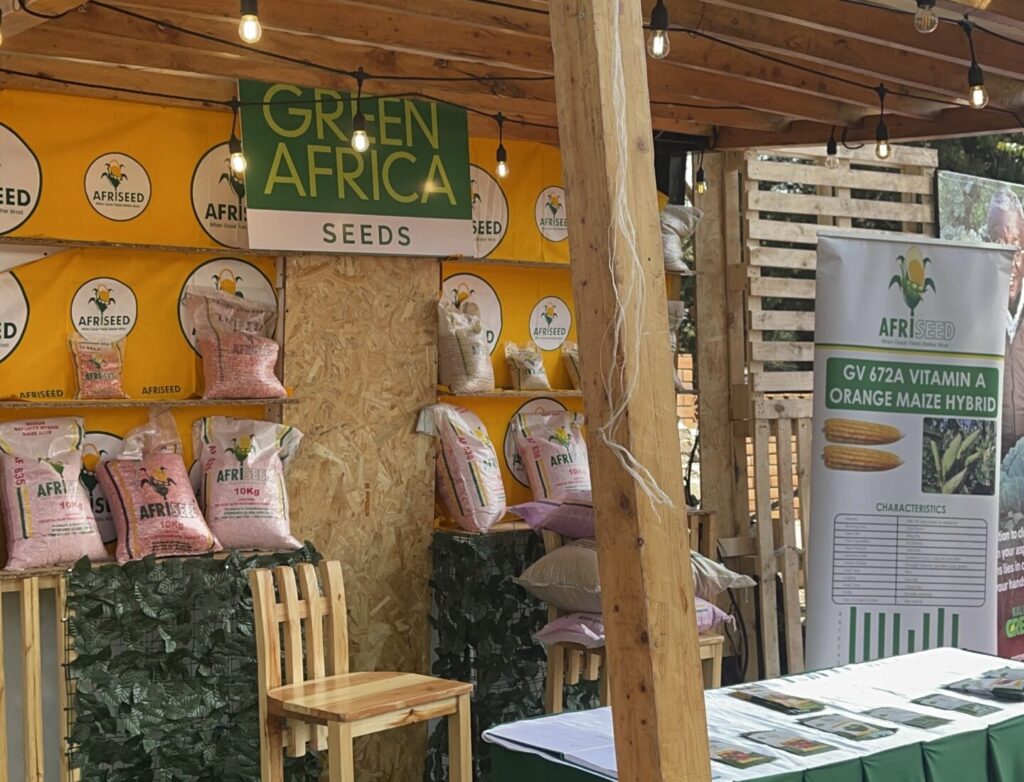As the short rains approach in two weeks’ time, Kenyan farmers are preparing their shambas with hopes of improving yields to alleviate the rising cost of living. However, hidden behind these efforts is the often-overlooked issue of poor soil health, which threatens to reduce productivity, increase food prices, and weaken climate resilience. If soil degradation is not addressed, the future of food security and livelihoods is at serious risk.
In my recent analyses on Kenya’s soil health, the findings have been alarming. The Food and Agriculture Organization (FAO) reports that over 33% of Kenya’s soils are degraded due to erosion, nutrient depletion, and poor land management. Further, Kenya loses over 5,000 hectares of arable land annually, reducing agricultural output and threatening food security. With over 60% of the population relying on agriculture, this crisis is critical. Painfully, as reported, maize yields have dropped by 20% in the past decade, driving maize flour prices up by 40%, directly contributing to the high cost of food.
Poor soil health not only reduces crop yields but also forces farmers to rely on expensive chemical fertilizers, which further degrade the soil. This cycle of declining fertility increases poverty, as farmers spend more while harvesting less. Climate change intensifies the problem by making degraded soils less able to retain moisture, leaving crops more vulnerable to droughts and floods.
Despite these challenges, there is hope. The approaching short rains present an opportunity for farmers to improve soil health, boost yields, and escape the cycle of low productivity and high costs. Soil health is critical for both food security and climate resilience. Healthy soils store water, hold nutrients, and support ecosystems, making farms more resistant to climate shocks. By restoring our soils, we can ensure better harvests, lower food prices, and a healthier environment.
Data from the International Food Policy Research Institute (IFPRI) shows that sustainable farming practices can increase yields by up to 50%, even in degraded soils. Although many solutions have been developed, they often remain in shelves. We must urgently bridge the gap between scientific knowledge and practical application. Organizations like the Kenya Agricultural and Livestock Research Organization (KALRO) and the International Livestock Research Institute (ILRI) have played key roles in supporting farmers with research and innovation, but these efforts need to be scaled up to benefit all farmers.
Farmers need not wait for government intervention to improve soil health. Several simple yet transformative actions can be implemented immediately to boost yields. First, mulching, for instance, is a highly effective way to reduce water evaporation, suppress weeds, and improve soil structure. Covering the soil with organic materials like leaves, grass, or crop residues helps retain moisture, which is especially important given the erratic rains forecasted this season. Mulching is a low-cost solution that any farmer can implement with readily available resources.
Secondly, another powerful technique is composting, where organic waste is turned into nutrient-rich fertilizer. Composting improves soil structure, increases nutrient availability, and helps retain moisture, reducing reliance on chemical fertilizers. Farmers can create compost using animal manure and crop residues.
Thirdly, planting drought-resistant crops like sorghum, millet, and cassava is another crucial action. These crops ensure food security even when rainfall is scarce. Fourthly, minimal tillage is also a critical practice that farmers can adopt. By reducing soil disturbance, minimal tillage maintains soil structure, preserves organic matter, and enhances water retention. This practice also reduces erosion and protects the soil from the impacts of heavy rains and droughts.
For widespread adoption of these soil health techniques which must include crop rotation, a collective effort is essential. Media, cooperatives, and farmer groups must work together to raise awareness, just as we rally during elections. Soil health is a national priority that directly impacts food security and the economy. It’s time for all Kenyans to take responsibility, ensuring that farmers succeed, which will lead to lower food prices and a stronger economy. While the challenge is significant, simple, sustainable practices offer real solutions. Think green, act green!



